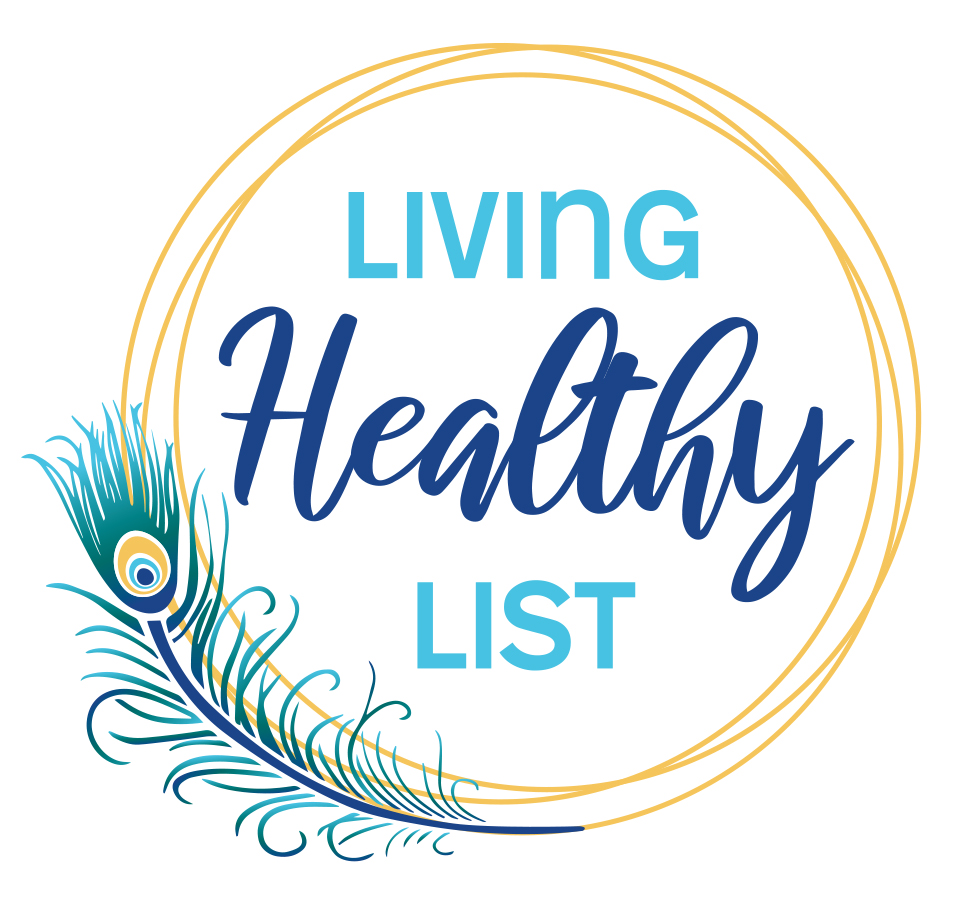Seventeen years ago, we lost my dad to colon cancer; he was 67. When diagnosed, his cancer had advanced to Stage 4; this was not a good prognosis. We realized then that he never had a colonoscopy; he should have had at least two by age 65. The recommendation is first screening at age 50. Dad was a lifelong smoker, enjoyed his drink, and was overweight, putting him at a high risk of colon cancer. Losing my dad so young is still very painful and avoidable. With the permission of the authors Justin A. Maykel, MD, and Jennifer S. Davids, MD, colorectal surgeons with UMASS Memorial Health, I am reprinting this article on what you need to know now about colorectal cancer.
March is Colorectal Cancer Awareness Month. Please take the time to learn more and schedule the appropriate health screenings.
Colorectal Cancer: What you should know about risks, symptoms, and prevention
Justin A. Maykel, MD, and Jennifer S. Davids, MD
When popular “Black Panther” actor Chadwick Boseman died at age 43 following a private battle with colorectal cancer, it was a wake-up call for many. His tragic and shocking death put a spotlight on the disproportionately high rates of colorectal cancer occurrence and mortality the Black community has experienced across all age groups for decades.
In fact, rates of colorectal cancer in the Black community are the highest of any racial or ethnic group in the U.S., according to the American Cancer Society. Specifically, Black men are 24% more likely than white men to get colorectal cancer and 47% more likely to die from it. Making them the most at-risk group for the disease in the nation. Likewise, Black women are 19% more likely to get it and 34% more likely to die as a result than white women.
A number of factors are thought to contribute to these numbers. Disparities in access to quality health care, affordable healthy food, and, perhaps most importantly, early screenings that aid in early detection and prevention. Research suggests Black Americans are both less likely to get colorectal cancer screenings and more likely to get diagnosed in later stages, which leaves them with fewer treatment options.
In addition to raising awareness about these troubling statistics, Boseman’s death also brought attention to a new trend that’s both perplexing and worrying many experts: the rising rates of colorectal cancer in younger people.
Changing Colorectal Cancer Risk in Young People
Chances are, if you’re under age 50, you’ve never been screened for colorectal cancer. Unless you’ve had a family history of it, the thought probably hasn’t crossed your mind. That’s because routine screenings traditionally began at age 50 since that’s when the risk of developing polyps and colon cancer increases—and thanks to this strategy, rates in this age group have declined.
However, in May of 2021, the U.S. Preventive Services Task Force lowered the recommended age for colorectal cancer screenings from 50 to 45. The American Cancer Society had already lowered its recommended screening age in 2018. Both shifted their guidance in response to a growing body of research revealing rising colorectal cancer rates in people under age 50.
According to a recent Scientific American article: “In 2010 adults younger than 50 accounted for 5 percent of colon cancers and 9 percent of rectal cancers. By 2020 those proportions had grown to 11 and 15 percent, respectively.” Additionally, 41-year-olds today are 47 percent more likely to develop colorectal cancer than those who were 41 in 1991. That’s a huge jump in only 30 years.
What’s behind these rising rates? Research points to a variety of possible contributing factors, from our lifestyle and diet, to environmental exposures, to our microbiome and immune system. But, the bottom line is: we just don’t really know yet.
Despite the unknowns in the battle against colorectal cancer, the best defenses are awareness and prevention. Here’s what you need to know to assess your risk and take proactive steps to support your health.
Symptoms
Though we’re screening for colorectal cancer earlier than we used to, there are still people diagnosed under the age of 45. Even if you’re young—whether in your 20’s, 30’s, or 40’s—if you have any concerning symptoms, you need to bring them to the attention of your doctor. These may include:
- Changing bowel habits
- Unexplained weight loss
- Abdominal pain
- Any blood in your stool
There is a common misconception that seeing blood from time to time is “normal,” but it really isn’t. If you’re seeing blood with your stools, it should be evaluated by a physician.
It’s important to know what your normal is. Once you recognize a deviation that persists—not just for a couple of days, but regularly for two weeks or longer—bring it to the attention of your doctor. DetecTogether, a non-profit education and advocacy organization, has many resources for how to identify early warning signs of cancer.
Risk Factors
The number one risk factor of developing colorectal cancer is having a parent or sibling with colorectal cancer or polyps. People with any family history of these should talk with their doctor about screening earlier than age 45—typically either at age 40 or 10 years earlier than when their affected relative was diagnosed with cancer. (For example, if you had a father with colorectal cancer diagnosed at age 40, get screened at age 30.)
Other known risk factors include:
- A personal history of inflammatory bowel disease, such as ulcerative colitis or Crohn’s disease
- Known genetic mutations in your family, like polyposis syndrome or Lynch syndrome
- Obesity
- Smoking
It’s important to note that the term “screening” by definition means you’re not experiencing any symptoms. So, even if you’re symptom-free, any of these risk factors will impact the age at which you should start screening for colorectal cancer.
Prevention
Though there’s no surefire way to prevent colorectal cancer on your own, there are several lifestyle changes that can help lower your risk. These include:
- Eating foods high in fiber and low in fat
- Limiting red meat
- Avoiding smoking
- Staying active
- Maintaining a healthy weight
There’s even some evidence that a daily aspirin might decrease the likelihood of developing pre-cancerous polyps.
Screening Tests
Screening is the most effective form of prevention and early detection, which can stop colorectal cancer in its tracks if caught early enough. The gold standard of these is a colonoscopy because it provides the ability to identify a precancerous polyp and then remove it before it even has a chance to turn into a cancer.
Additional screening tests include CT scans or “virtual colonoscopy” (which still requires a prep), FIT tests that evaluate for blood cells in the stool, and the Cologuard DNA test, which checks for DNA markers of cancer cells.
However, no screening test is quite as successful as a colonoscopy for identifying precancerous polyps and removing them, as well as discovering and biopsying cancers.
In the fight against colorectal cancer, the number one goal is prevention—but the second is early detection. Get screened early if you have one or more risk factors, even if you’re under age 45. And know your normal so you can proactively address any concerning changes with your doctor.
________________________________________________________________________________________________________________________
Colorectal cancer is highly preventable and treatable when caught early, but only if you know about your risk and screening options in the first place. I recently had my first Colonoscopy and a polyp was found. No matter how healthy I eat or live my dad’s diagnosis and now this finding puts me at high risk. Please share this information with your loved ones and make sure you get your screening done.
In recognition of National Colorectal Cancer Awareness Month, The White House has made this Proclamation.

Meet Denise E. Stegall, the CEO and Curator of Living Healthy List.com. With 25 years of experience and study in nutrition, cooking, exercise, and coaching, she helps female entrepreneurs and businesswomen curate a healthy, happy, and productive life.
As an inspirational thought leader, Denise provides honest, research-backed information on health, wellness, personal development, and fun for real-life application. Her platform, Living Healthy List, is a go-to community for health and wellness resources, empowering positive changes and creating the life you want.
Denise’s background in nutrition and her philosophy of “Eat Real Food, Make Good Decisions, and Be Accountable” shaped her International Best Seller, “Healthy Living, Happy Life: A Practical Path to Finding the Healthy Lifestyle That Works for You!”
She goes beyond her book and Living Healthy List to offer “Forever Wellness Lifestyle ,” a groundbreaking group coaching model with individualized roadmaps for true health, balance, stress management, confidence, and an uplifting lifestyle. Denise E. Stegall is devoted to empowering individuals to embrace holistic well-being and fulfillment.
“Living a healthy lifestyle does not have to be hard! “
